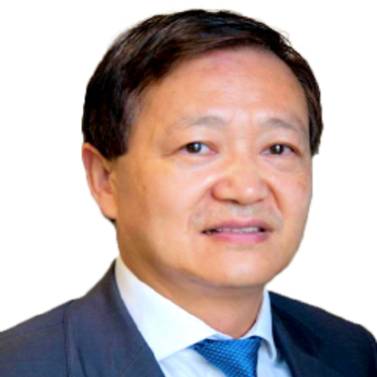Program 5
Prototype demonstration and socio-technical transformation
Program 5 is set to demonstrate and validate the innovative methodologies and tools developed in the previous programs through real-world infrastructure projects. This program will conduct detailed prototype demonstrations, such as a carbon-neutral water pipeline network and a road bridge, to showcase the application of advanced theories, methods, algorithms, and visualization software. Additionally, it will delve into the socio-technical transformations necessary for the widespread adoption of carbon-neutral infrastructure, exploring the interplay of social, technological, and economic factors. Through these demonstrations and explorations, Program 5 aims to develop a comprehensive design and management manual, enhance social awareness, and facilitate the acceptance of whole-life carbon-neutral infrastructure design principles, ultimately contributing to a sustainable and resilient future.


